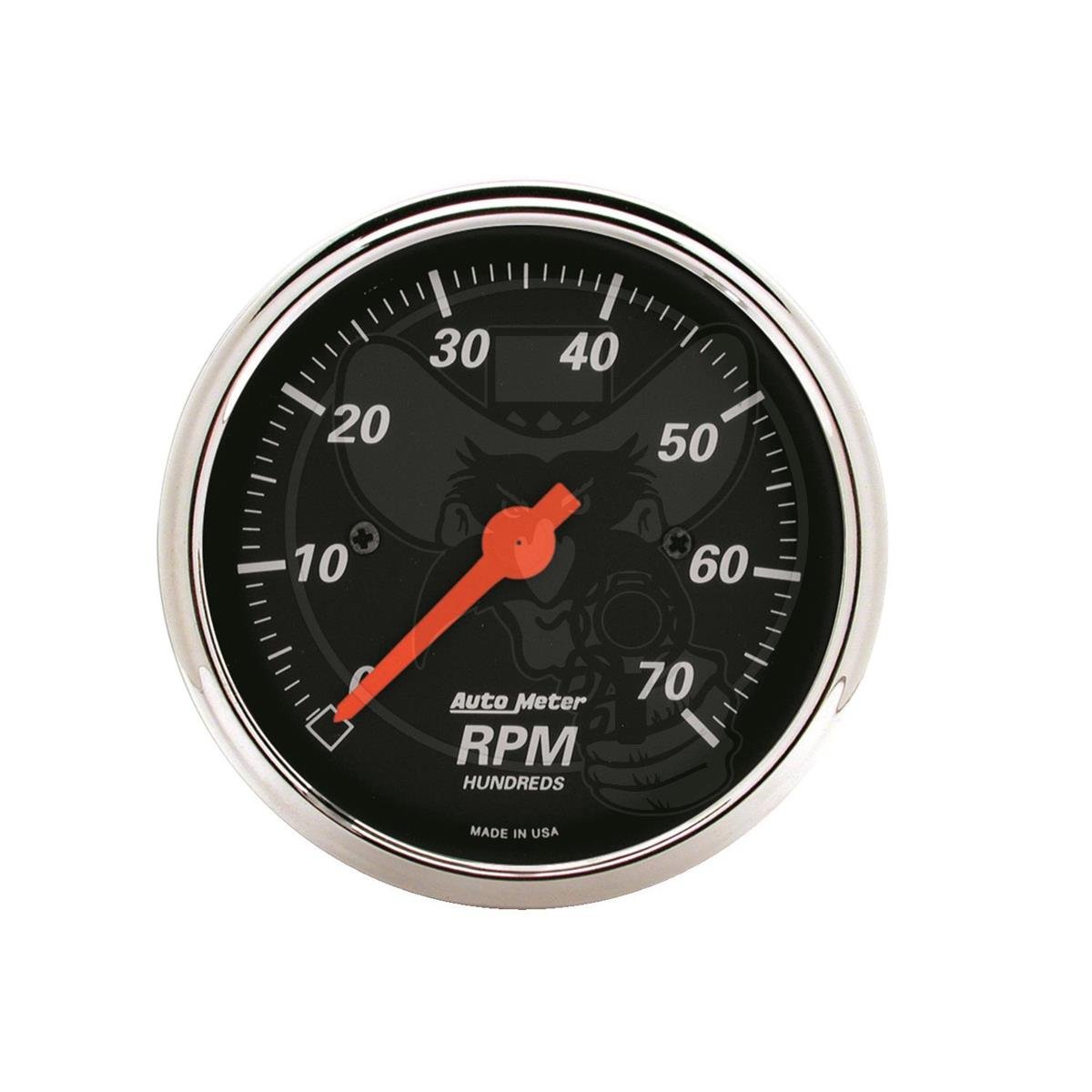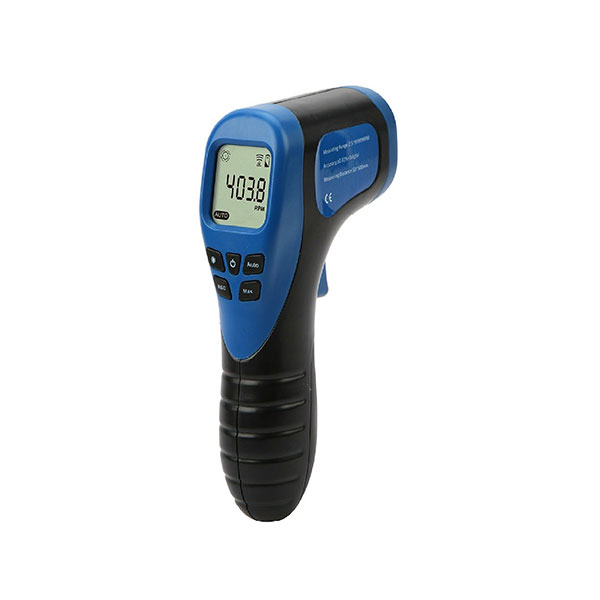Tachometer Essential: Every Little Thing You Required to Know for Accurate Readings
Tachometer Essential: Every Little Thing You Required to Know for Accurate Readings
Blog Article
Key Reasons Why Having a Tachometer Is Important for Keeping Engine Health and Effectiveness
In the realm of automotive upkeep, the significance of a tachometer can not be overemphasized - tachometer. This modest yet important tool plays a pivotal function in the maintenance of an engine's health and efficiency. By giving real-time data on engine speed and RPM degrees, a tachometer supplies important understandings that straight influence the performance and durability of the engine. From stopping over-revving to optimizing fuel usage, the applications of a tachometer are complex and essential for any type of automobile proprietor or fanatic. So, why is this seemingly simple device so indispensable? Allow's explore the key reasons behind its critical function in preserving engine health and wellness and efficiency.
Stopping Engine Over-Revving

To safeguard the engine from possible damage, it is necessary to carry out steps that avoid over-revving, a practice that can bring about expensive repair work and decreased engine life-span. Over-revving occurs when the engine's rotational rate exceeds the maximum restriction set by the manufacturer, creating unnecessary stress on inner elements such as pistons, shutoffs, and linking poles. This extreme strain can cause mechanical failures, consisting of bent shutoffs, damaged pistons, and also disastrous engine failure.
A rev limiter is a tool that controls the maximum RPM (transformations per min) of the engine by either reducing off fuel flow or stimulate to the engine when the pre-set restriction is gotten to. Regular upkeep checks to make sure the engine is in optimum condition can also help in stopping over-revving cases and prolonging the engine's lifespan.
Optimizing Fuel Usage
Effective gas intake plays a crucial role in making best use of the efficiency and sustainability of an engine. tachometer. Optimizing gas consumption not only assists in minimizing operational expenses however likewise reduces the environmental effect of car discharges. By making use of a tachometer to monitor engine speed and readjust driving behaviors as necessary, drivers can attain far better gas effectiveness
Preserving a stable speed and preventing unexpected accelerations and slowdowns can significantly improve gas economic situation. Furthermore, appropriate gear selection based upon the tachometer analyses guarantees that the engine operates within its optimum range, causing more reliable fuel combustion.
Frequently keeping track of the tachometer can also aid determine any inadequacies or mechanical problems that might be impacting fuel intake. An unexpected increase in gas usage without a matching change in driving behaviors could suggest a problem that needs attention.
Monitoring Engine Health And Wellness
Keeping an eye on engine wellness is important for making sure optimum efficiency and long life of the vehicle. By utilizing a tachometer to about his keep track of engine speed, motorists can identify irregularities that may indicate potential concerns with the engine. A tachometer gives real-time information on engine changes per min (RPM), allowing chauffeurs to identify any type of unusual spikes or decreases in RPM that might indicate troubles such as misfires, damaged parts, or right here engine getting too hot.

Routinely keeping track of engine health and wellness through making use of a tachometer makes it possible for vehicle drivers to resolve concerns immediately before they escalate and create substantial damages. For instance, discovering a decrease in RPM might show gas shipment issues or a blocked air filter, while a sudden rise in More Help RPM may indicate concerns with the transmission or exhaust system. By remaining vigilant and receptive to modifications in engine efficiency, drivers can protect against pricey repair services and ensure the general health and effectiveness of their vehicle.
Extending Engine Life-span
Making sure the longevity of an engine needs thorough maintenance techniques and conscientious surveillance of essential performance indicators. Prolonging an engine's life expectancy is critical for minimizing overall vehicle maintenance expenses and staying clear of unanticipated malfunctions. A tachometer plays a considerable role in this aspect by offering real-time data on engine speed, enabling vehicle drivers and technicians to make informed choices to stop extreme deterioration.

In addition, normal maintenance based on tachometer readings, such as prompt oil adjustments and ignition system substitutes, can substantially add to expanding the engine's long life. Overall, including a tachometer right into regular engine tracking methods is crucial for protecting the engine's wellness and effectiveness over the long term.
Conserving Money on Fixes
To successfully take care of vehicle maintenance expenses and reduce unanticipated malfunctions, leveraging the understandings supplied by a tachometer can be crucial in conserving money on repairs. A tachometer helps in keeping an eye on the engine's RPM (transformations per min), enabling vehicle drivers to operate within the suggested array. By staying within these optimal RPM levels, extreme stress on the engine can be prevented, minimizing the chance of expensive fixings as a result of straining the engine (tachometer). Additionally, a tachometer can signal chauffeurs to potential issues such as engine misfires or falling short parts, enabling very early treatment before these issues escalate and lead to extra extensive-- and costly-- repair work.
Furthermore, by using the data from a tachometer to practice smooth velocity and deceleration, drivers can extend the life-span of their vehicle's parts, eventually conserving money on maintenance and substitutes. On the whole, the insights offered by a tachometer encourage drivers to make informed decisions that can stop unneeded damage on the engine, leading to considerable expense financial savings in the lengthy run.
Conclusion
Finally, a tachometer plays a critical duty in maintaining engine health and efficiency by avoiding over-revving, enhancing gas intake, checking engine wellness, extending engine lifespan, and conserving cash on repairs. It is an important tool for guaranteeing that the engine runs within safe limitations and does at its finest, eventually contributing to the durability and overall performance of the vehicle.
Report this page